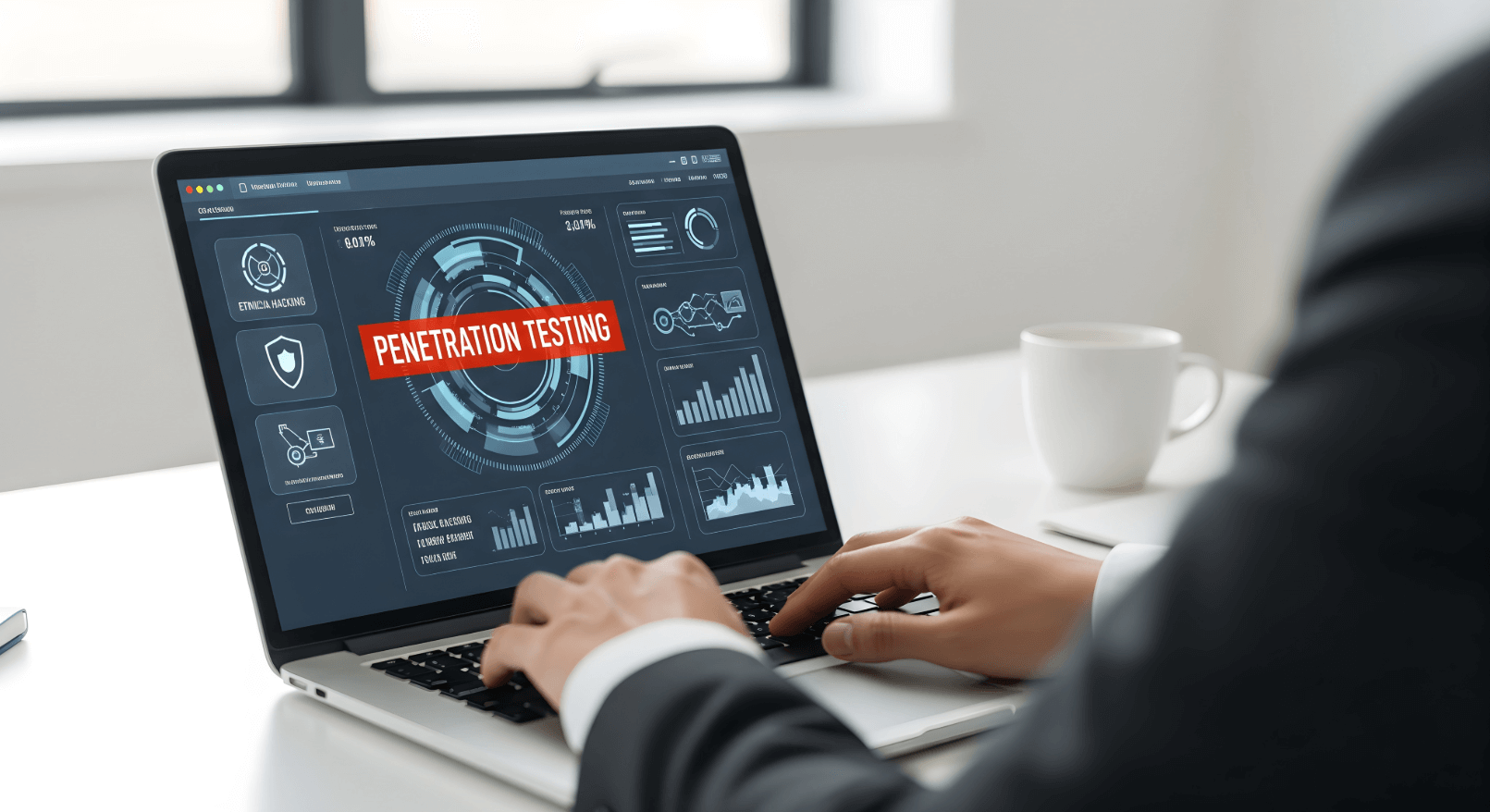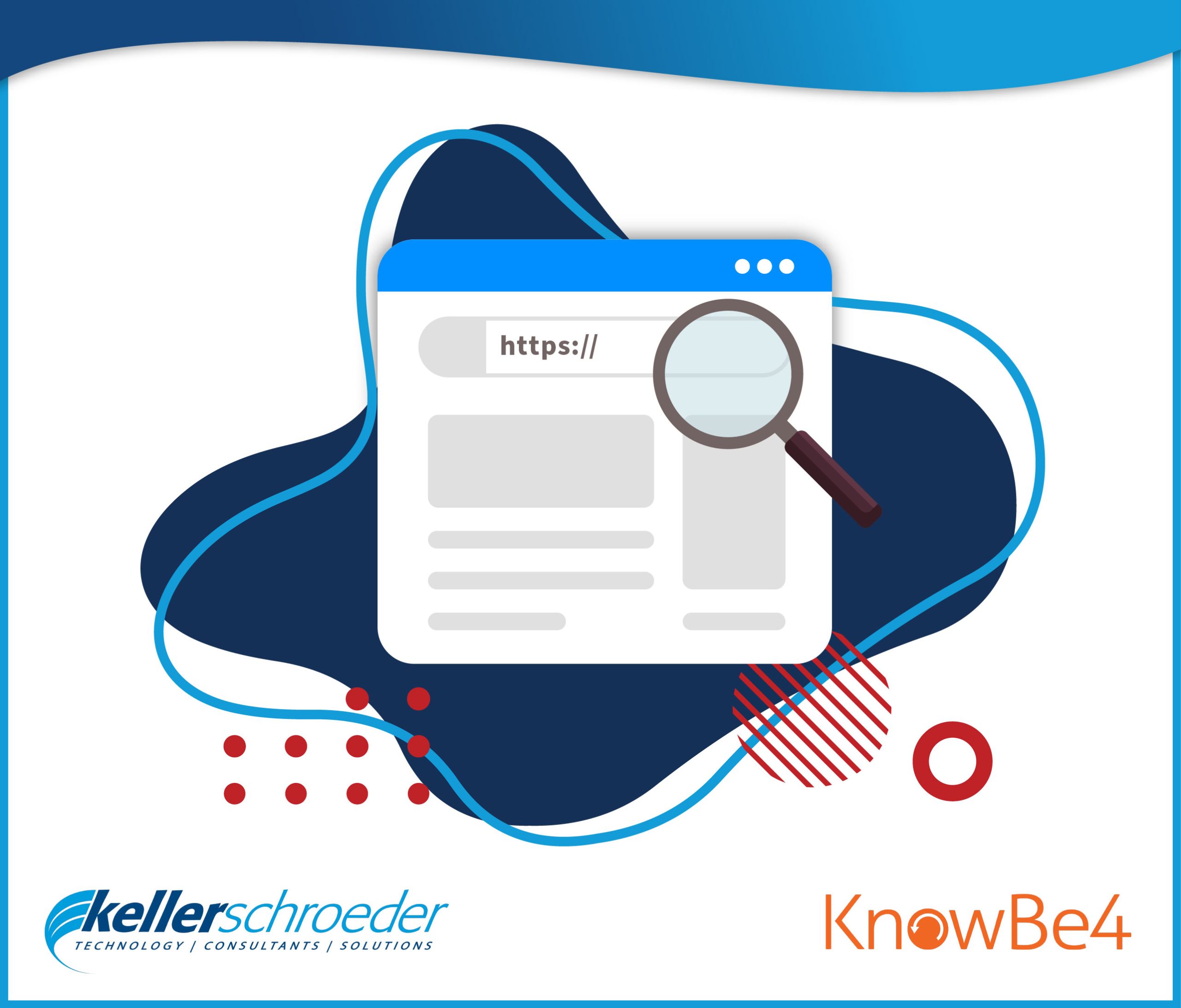A year into the pandemic, bad guys continue to target struggling organizations. A recent example is a phishing email targeting those in the United States.
Impersonating a bank, the sender offers loans through the Paycheck Protection Program (PPP). The PPP is a real relief fund that is backed by the United States Small Business Administration (SBA), but the email is nothing short of a scam.
The phishing email directs you to click a link to register for a PPP loan. When clicked, the link takes you to a form with an official-looking header that reads, “World Trade Finance PPP 2021 Data Collection.” The form requests a lot of personal information, such as your organization’s name, your business email, and your social security number. Any of the information submitted on this form goes straight to the cybercriminals.
Here’s how you can stay safe from scams like this:
- Think before you click! Desperate times call for diligent measures.
- If you or your organization need financial help, reach out to legitimate and well-known programs—don’t trust an unexpected email.
- Stay up-to-date on your country’s relief efforts by following local news and other trusted sources.
Stop, Look, and Think. Don’t be fooled.
KnowBe4 is the world’s most popular integrated platform for awareness training combined with simulated phishing attacks. Let Keller Schroeder show you how KnowBe4 has helped thousands of organizations just like yours manage the continuing problem of social engineering. Contact us today to learn more.
DISCLAIMER : Any non-technical views expressed are not necessarily those of Keller Schroeder or its employee-owners.






